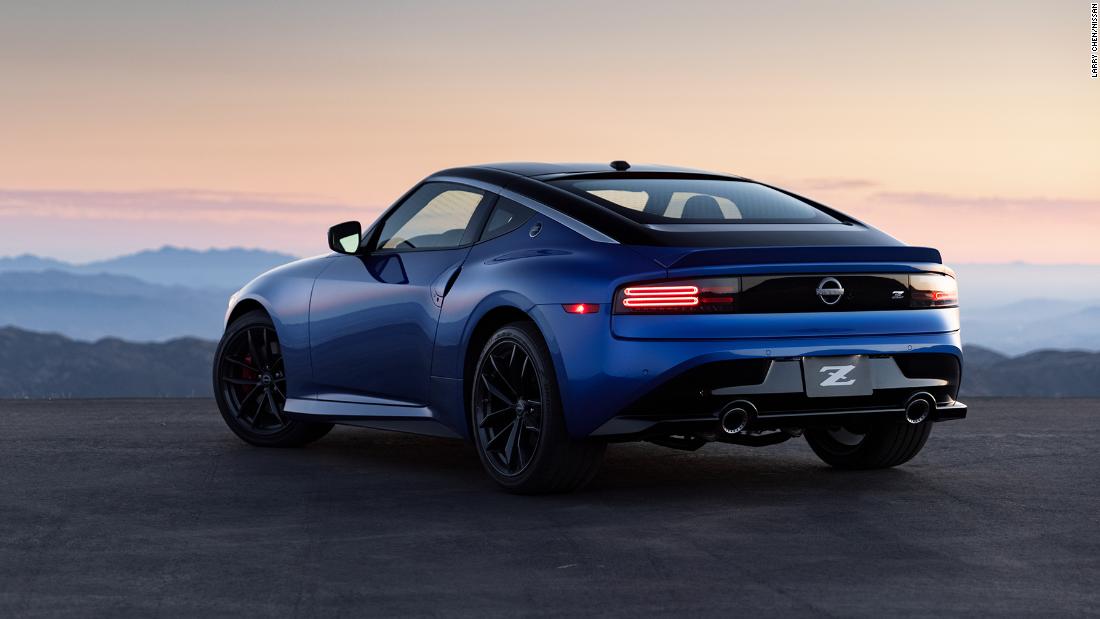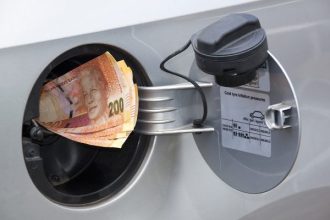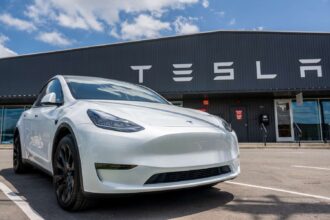Nissan is grappling with a serious financial crisis, blaming its struggles on the surge of inexpensive electric vehicles (EVs) flooding the global market from Chinese manufacturers. The Japanese automaker is now facing a critical moment, with insiders warning that the company may not survive the next year without drastic measures.
Cost-Cutting Measures and Job Losses
Nissan, which employs 7,000 workers in the UK and 17,000 in the US, has announced sweeping cost-cutting initiatives to save R52 billion in the current fiscal year. As part of its plan, the company is slashing 9,000 jobs and reducing its global manufacturing capacity by 20%.
Chief Executive Makoto Uchida has taken a 50% pay cut, while Chief Financial Officer Stephen Ma has resigned amid the turmoil. Uchida admitted that Nissan failed to anticipate the rapid rise in popularity of hybrid and plug-in hybrid vehicles, stating, “We have not been able to keep up with the times.”
The Rise of Chinese EVs
Chinese automakers such as BYD, Geely, Chery, and SAIC Motor are dominating the EV market, posing a significant threat to traditional automakers like Nissan. BYD, in particular, outpaced Tesla’s revenue in the third quarter, earning R531 billion compared to Tesla’s R475 billion.
Forbes highlighted that cheap EV alternatives from China are “hacking away” at Nissan’s market share. The company’s global sales fell by 3.8% in the first half of the fiscal year, with a 14.3% drop in China alone, its largest market.
Potential Debt and Survival Plans
Nissan is on track to amass a debt of up to R105 billion by 2026 if it cannot reverse its current trajectory. A senior official at Nissan warned, “We have 12 to 14 months to survive.” To combat these losses, the company is cutting production by slowing down its 25 global vehicle production lines. Hideyuki Sakamoto, head of manufacturing, explained, “We are adjusting line speed and shift patterns to increase efficiency.”
Speculation has emerged that Nissan may consider a partnership with Honda, Japan’s second-largest automaker, as a last resort to stay afloat.
Struggles with UK EV Regulations
Nissan has also criticized the UK’s Zero Emissions Vehicles (ZEV) Mandate, which requires automakers to increase the proportion of EVs sold each year until petrol and diesel vehicles are banned by 2030. Missing these targets could result in heavy fines unless manufacturers purchase credits from EV-only brands, most of which do not operate in the UK.
Conclusion
Nissan’s survival hinges on its ability to adapt to the rapidly changing EV market and regulatory landscape. The next year will be crucial, as the company battles mounting debt, fierce competition, and shifting consumer preferences. Whether Nissan can overcome these challenges remains to be seen.












